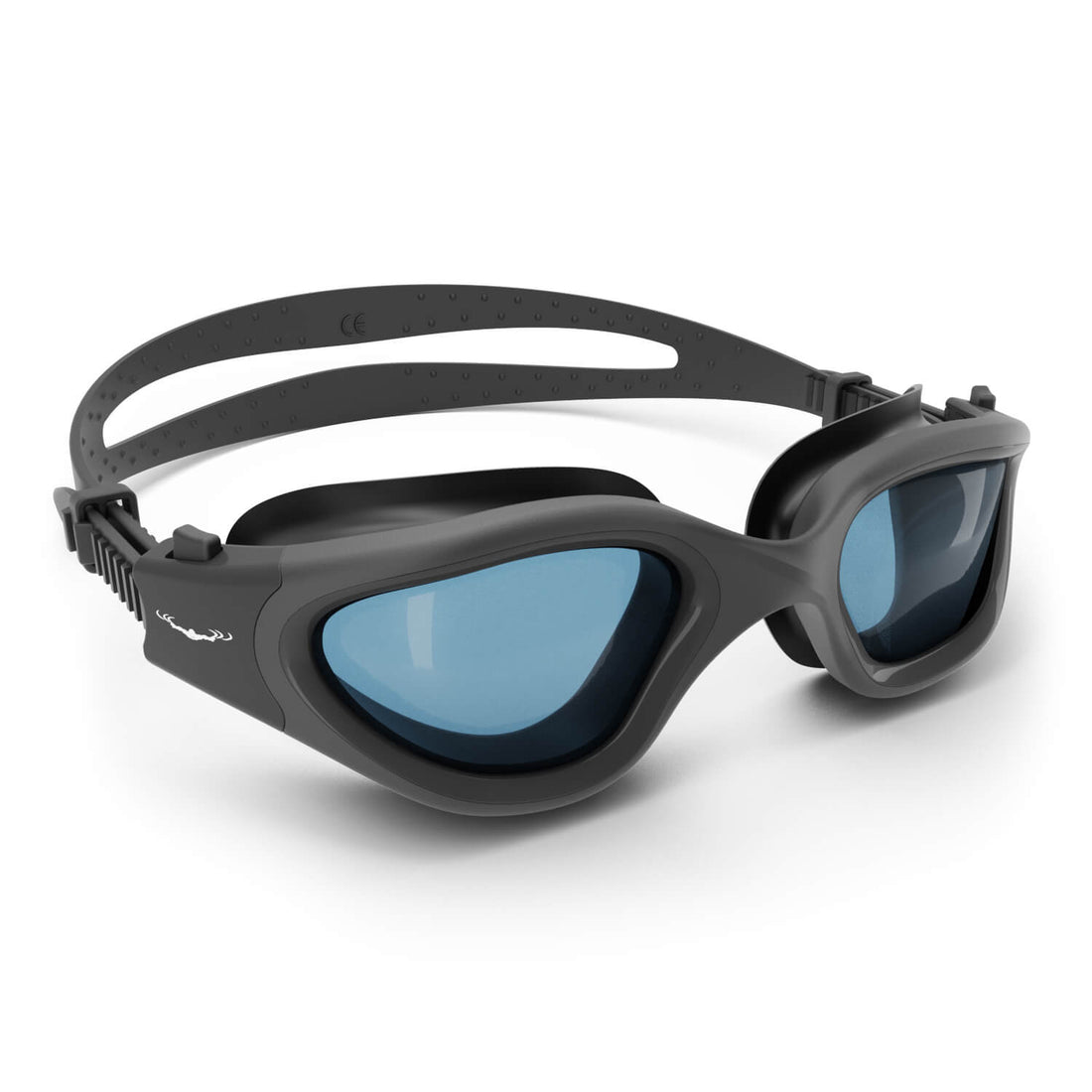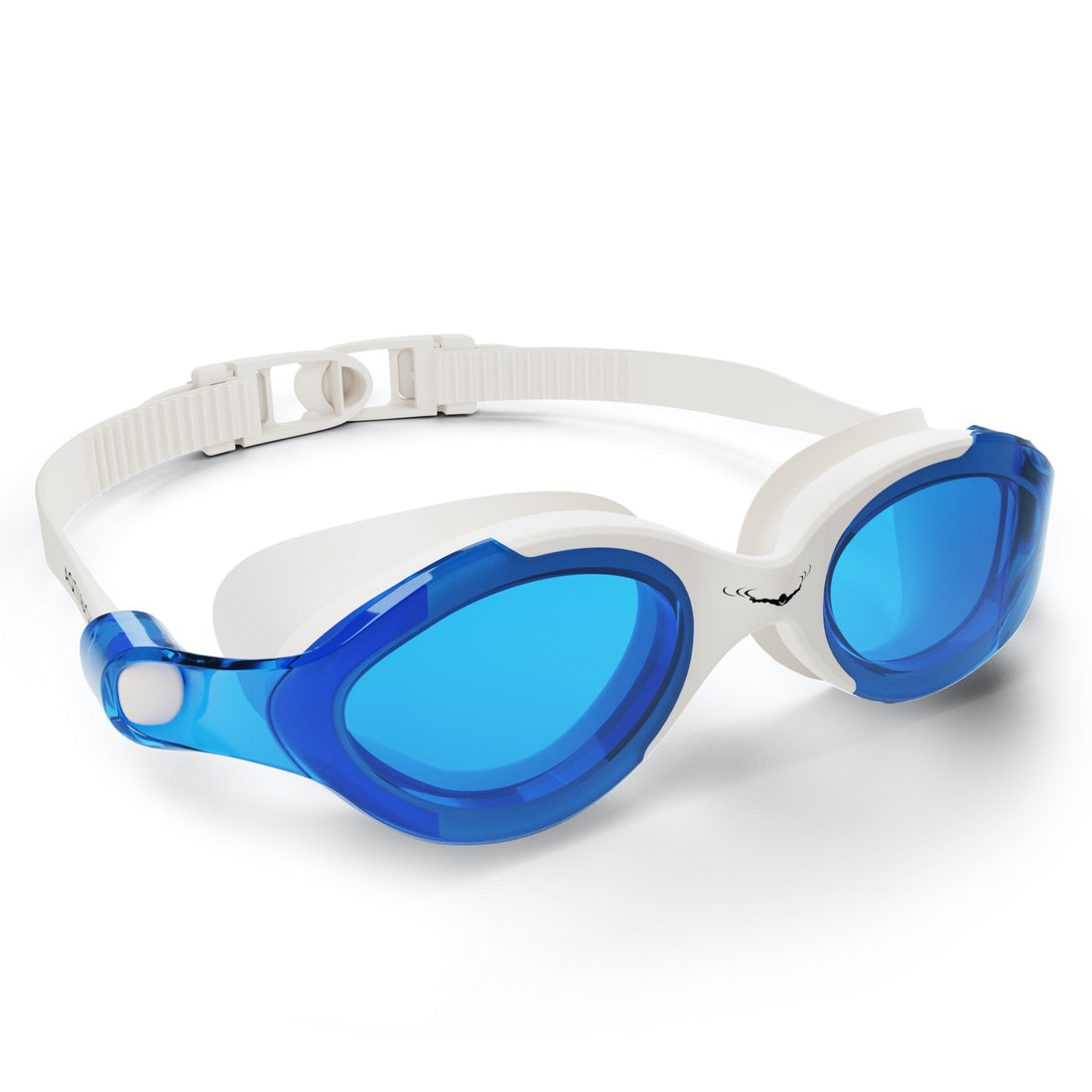Frequently Asked Questions
1. What are the environmental impacts of swimming pools?
2. How can I reduce water evaporation from my pool?
3. What are eco-friendly alternatives to traditional pool chemicals?
4. What are some energy-efficient practices for pool maintenance?
5. How can I promote sustainable practices within my swimming community?
Swimming pools are a popular feature in many backyards, providing fun, relaxation, and a great way to cool off during the hot summer months. However, their benefits come with a hidden cost to the environment. In this article, we'll explore the various environmental impacts associated with swimming pools and discuss how to mitigate these effects, all while enjoying poolside activities like using performance swim goggles and wearing swimming caps.
The Water Footprint of Swimming Pools
One of the most significant environmental impacts of swimming pools is water consumption. The average residential swimming pool can use between 20,000 to 30,000 gallons of water to fill, not to mention the water lost through evaporation. In regions that experience droughts or water shortages, this can pose a crucial problem.
Evaporation Losses
Evaporation from swimming pools is not just a minor issue; depending on the weather, a pool can lose up to a quarter of its water volume each week. This loss can be particularly pronounced in hot, sunny climates. Strategies to reduce water evaporation include:
- Installing pool covers when not in use
- Reducing water surface area with designs like lap pools
- Implementing landscaping that provides shade
Energy Consumption
In addition to water usage, swimming pools demand significant energy to maintain their ecosystem. From heating the water to powering circulation pumps, the energy costs can mount.
Heating & Filtration Systems
Many homeowners choose to heat their pool water for comfort, which can lead to increased carbon emissions, especially if relying on non-renewable energy sources. Consider the following methods to decrease energy usage:
- Switch to solar pool heaters
- Utilize energy-efficient pumps and filtration systems
- Invest in heat retention covers
Chemical Usage
Keeping a pool clean often requires the use of numerous chemicals. Chlorine is a common choice for sanitizing pool water, but it can have detrimental effects on the environment if not managed properly.
Understanding Pool Chemicals
Chlorine and other pool chemicals can leak into the surrounding environment, affecting soil and local water systems. Alternatives to traditional pool chemicals include:
- Saltwater pools that utilize electrolysis
- Natural enzymes that break down organic matter
- Non-toxic products that are safer for the environment
The Byproducts of Pool Maintenance
When maintaining a swimming pool, the filtration system often produces waste materials. Additionally, washing pool cleaning equipment can lead to residue entering the drainage system if not done carefully.
Best Practices for Waste Management
To reduce the byproducts of pool maintenance, consider these tips:
- Manually clean the pool to minimize chemical usage
- Filter the water properly to reduce the need for chemical shock treatments
- Dispose of waste materials responsibly by following local regulations
Swimming Pools and Local Ecosystems
Swimming pools can significantly alter local ecosystems. The chemicals washed away from pools can harm local flora and fauna, particularly if pools are located near natural water bodies. Furthermore, the increased water footprint can impact local aquifers.
Choosing Eco-Friendly Construction Options
When building a pool, consider materials and designs that have minimal impact. Some eco-friendly options include:
- Natural pools that rely on plants for filtration instead of chemicals
- Using permeable materials for patios and walkways to allow water absorption
- Incorporating landscape designs that promote water conservation
Encouraging Eco-Friendly Pool Use
The way we use our pools can also affect their environmental impact. It may be tempting to throw summer bashes and device-free parties, but it’s important to integrate eco-friendly practices even during leisure times.
Eco-Conscious Swimming Practices
There are numerous eco-friendly swimming practices you can adopt:
- Wear swimming caps to reduce hair contamination of pool filters
- Use performance swim goggles that keep swimmers comfortable and reduce the need for frequent pool adjustments
- Encourage short swim sessions to conserve water and energy
Solar Pool Options: Harnessing Nature's Power
Solar energy is a fantastic way to heat pool water sustainably. By investing in solar panels, you can heat your pool without contributing to carbon emissions, making the experience not only enjoyable but also eco-friendly.
Benefits of Solar Pool Heating
Choosing solar heating has several benefits:
- Reduces reliance on fossil fuels
- Lowers energy costs in the long run
- Allows for extended swimming seasons
Promoting an Eco-Friendly Swimming Community
Being part of a swimming community can simplify sustainable practices through shared resources. Pool co-op systems allow neighbors to share a pool, thus reducing the need for separate pools and lowering the overall environmental impact.
Building a Supportive Community
Consider ways to promote eco-friendly practices within your community:
- Create local swimming clubs focused on sustainability
- Host workshops on eco-friendly pool management
- Encourage community cleanups around lakes and natural swimming areas
Educating on Water Conservation
Children and adults alike can benefit from education regarding water conservation in swimming pools. Sharing knowledge about the impacts of excessive water usage and the importance of climate-conscious choices can make a significant difference.
Creativity in Water Use & Sustainability
Consider engaging educational activities such as:
- Organized community swim meets focusing on eco-friendly practices
- Workshops on how to build eco-friendly swimming structures
- Information sessions on sustainable swimming techniques
Eco-Friendly Pool Products
The pool industry is evolving, and many brands are now focusing on eco-friendly products. From sustainable pool covers to non-toxic cleaning solutions, it’s easier than ever for pool owners to protect the environment while indulging in their love for swimming.
Choosing Eco-Centric Brands
When shopping for pool products, look for environmentally conscious brands. Products such as:
- Biodegradable pool chemicals
- Durable pool covers that reduce heat loss
make a big difference in ensuring that your pool doesn't harm the planet.
Conclusion: Swimming Towards a Greener Future
By understanding the environmental impacts associated with swimming pools and incorporating sustainable practices, pool owners can minimize their ecological footprint. From reducing water and energy consumption to using eco-friendly products and construction methods, the path to a greener future is in your hands. Join the movement toward a sustainable swimming experience that allows you to relish the joys of this beloved pastime while being mindful of our planet!










